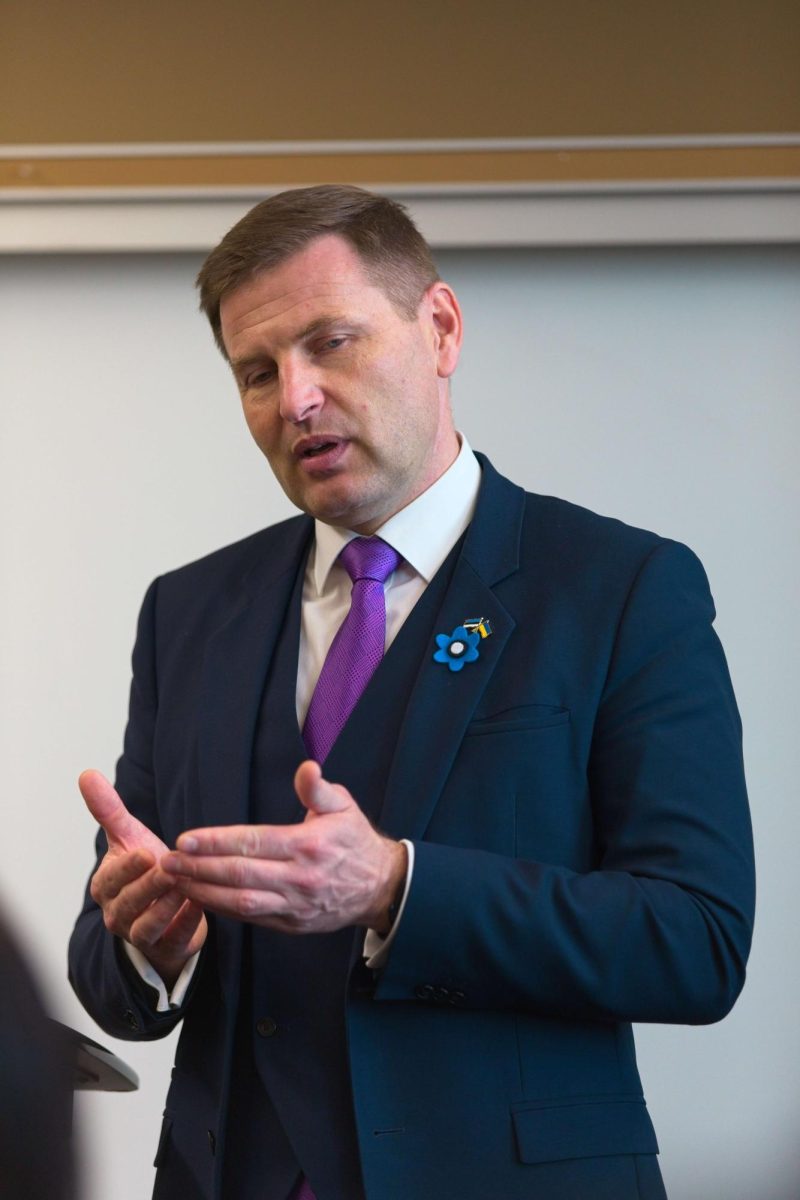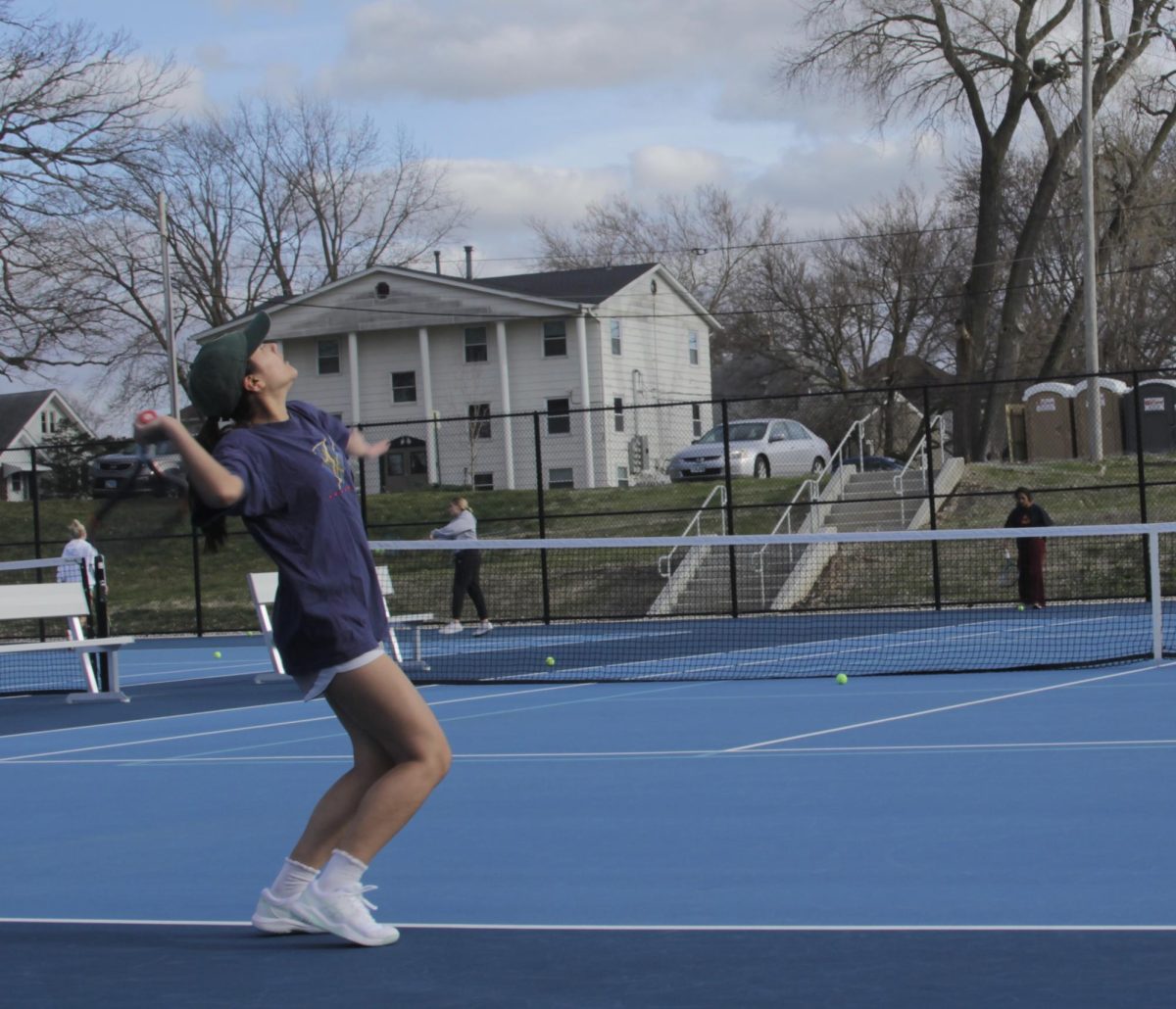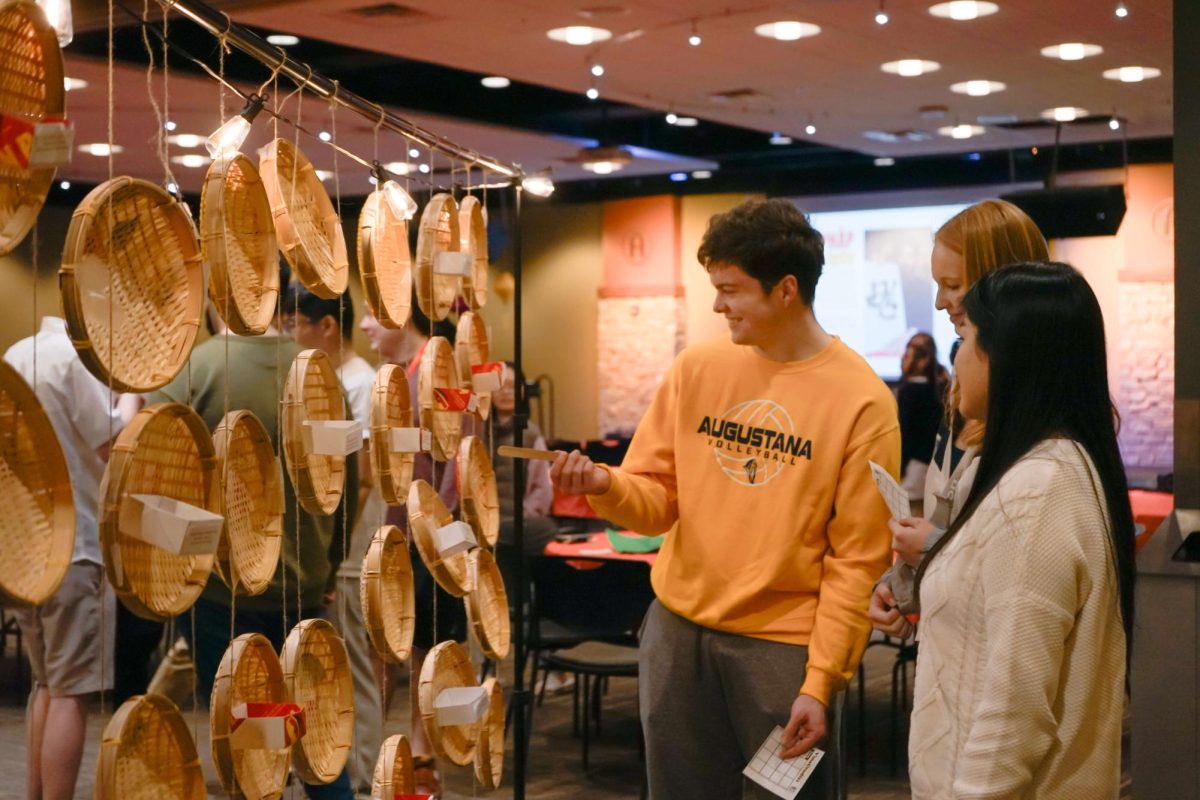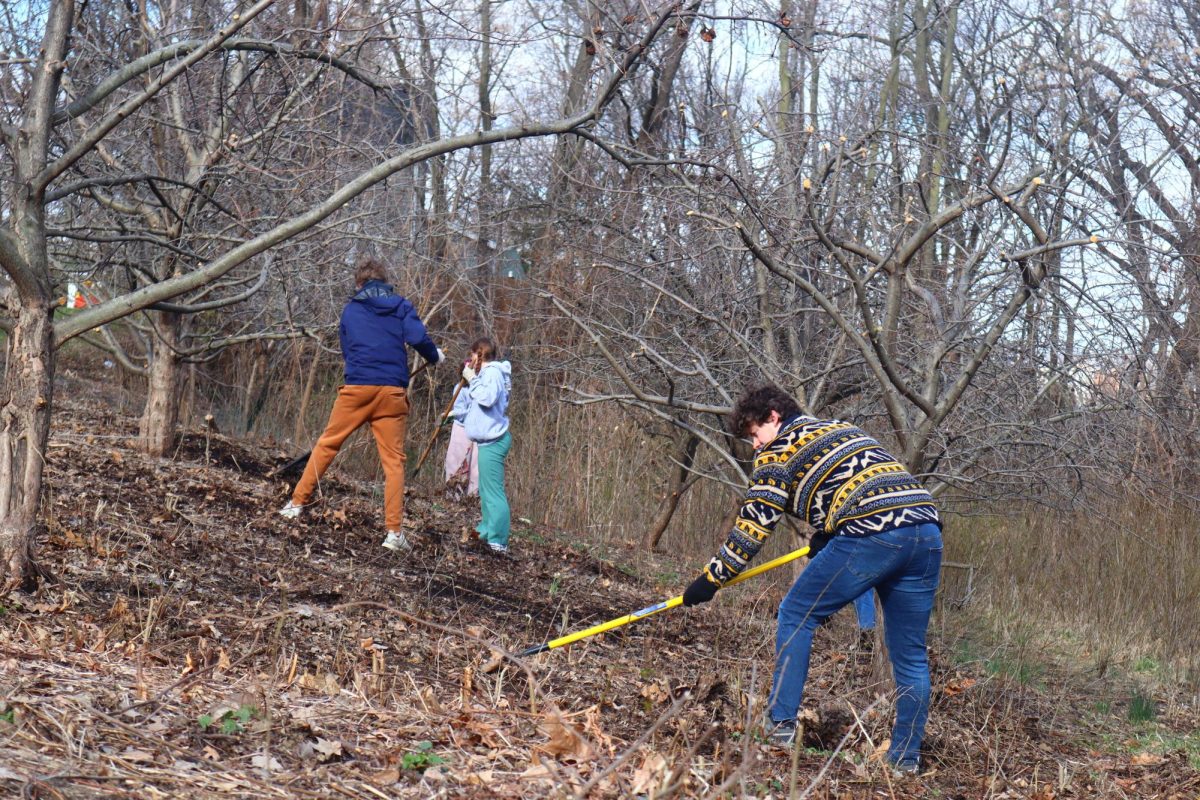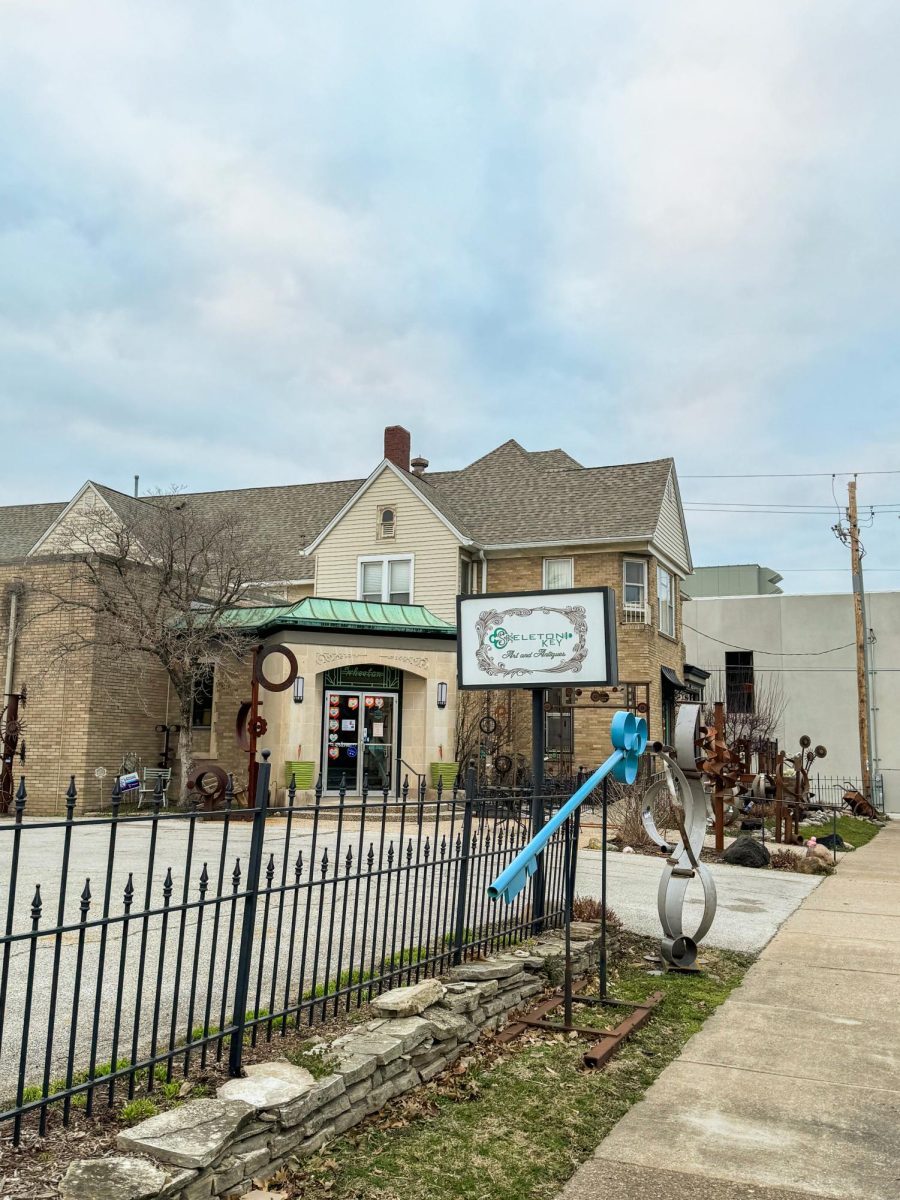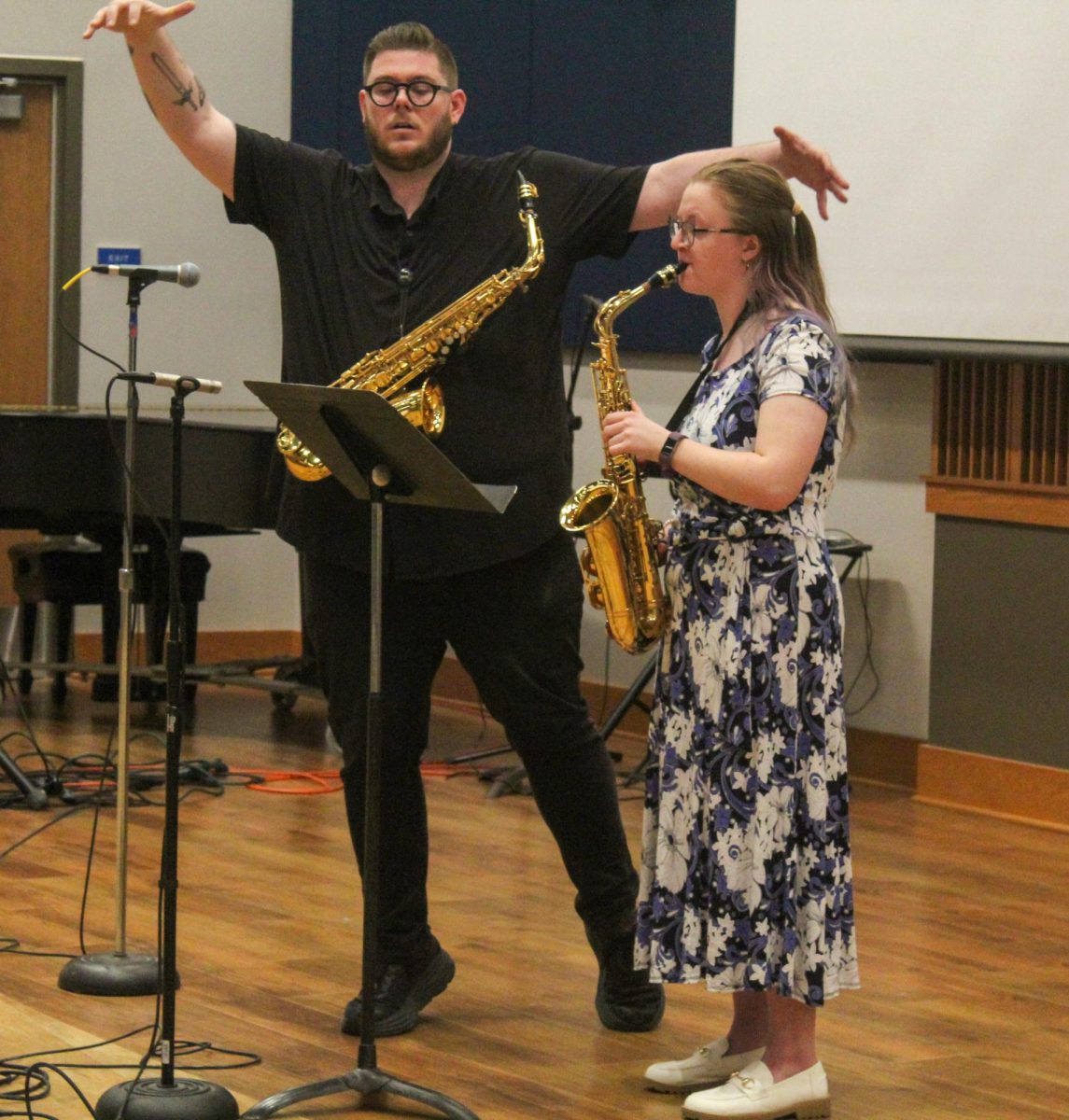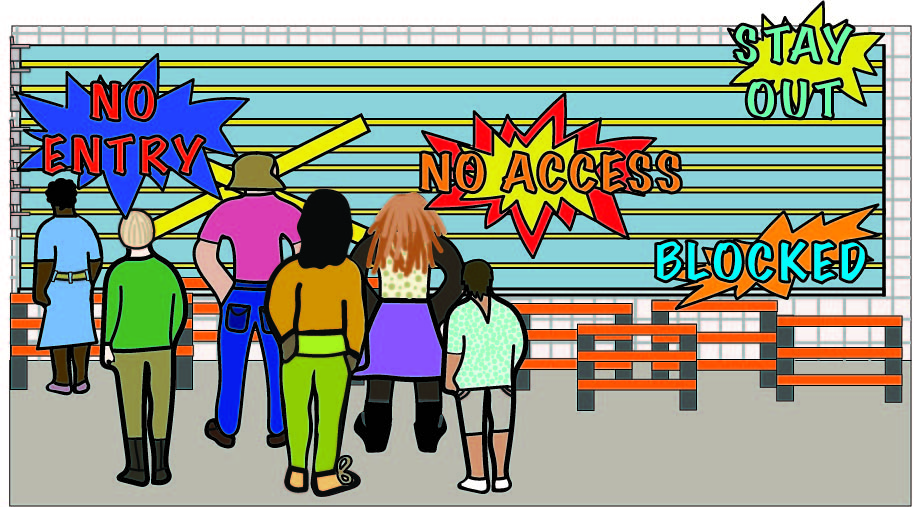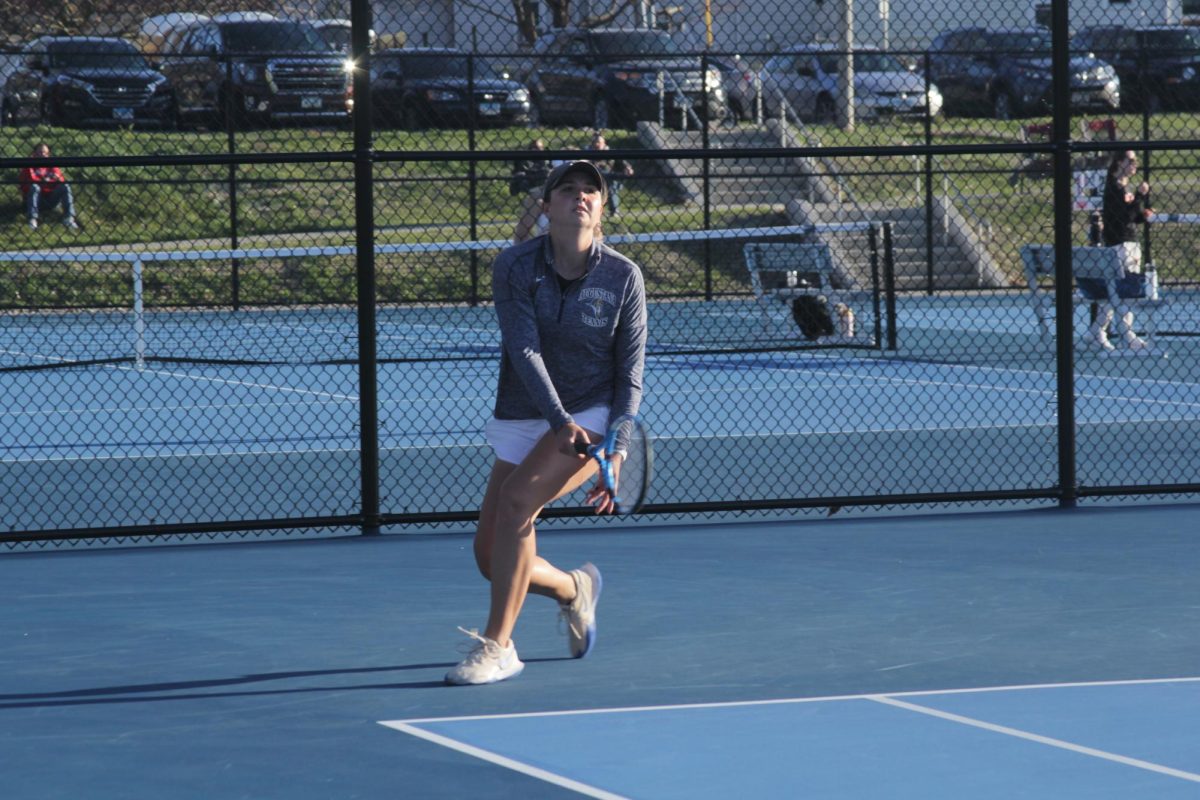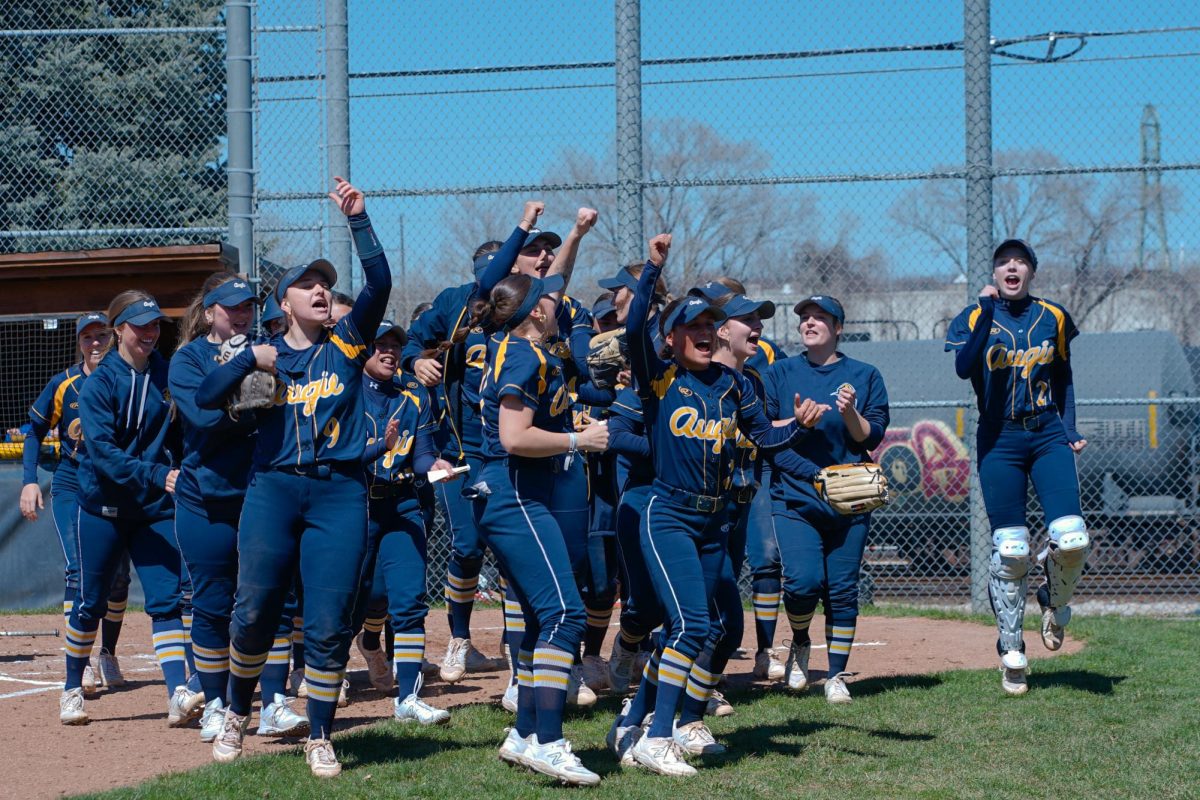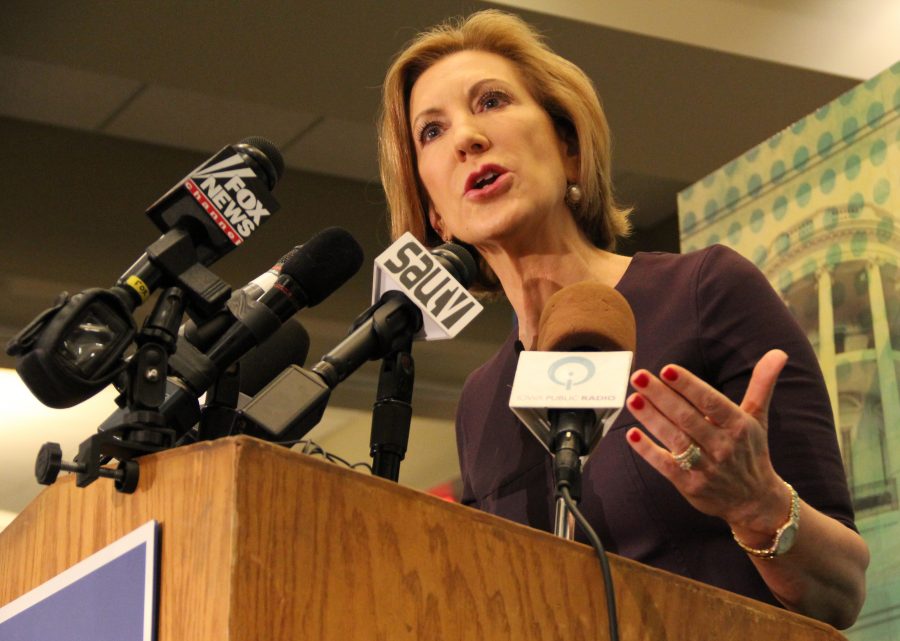Next week Iowans will caucus for the candidate they want to win the 2016 presidential election. The Iowa caucus carries great weight in the primary process, as it is the first time people can vote in regards to the presidency.
It has correctly predicted the Democratic nominee since 2000, and it correctly predicted the Republican nominee in 2000.
The Iowa caucus will be held on Feb. 1. Many states, such as New Hampshire and Illinois, have primaries that reflect regular elections, with ballots and just the picking of candidates. However, Iowa’s caucusing is fairly different. Instead of going to one of Iowa’s 1,500 plus precinct sites to vote, they will instead go to a primary spot with multiple precincts combined. This is where the parties divide.
For the Republican side, Iowa assigns delegates to candidates based on the amount of people who show up for each candidate. Each candidate has a caucus captain who gives a speech explaining why they (and other people) should support their candidate. In rare cases, candidates actually show up themselves to give this speech. They then write their choice on a piece of paper and turn it in. The votes are then tallied by state party leaders and reported to the media.
Judy Davidson, chair of the Scott County Republicans, said that one of the most important results of the Iowa caucus, in particular for the GOP is that it starts to wean down the candidates.
“The caucuses aren’t necessarily here to pick a winner but to pick a group of candidates,” said Davidson. “It will definitely give momentum to the top three or four (Republican) candidates.”
The Democrats form is much more complicated. When voters arrive to caucus, they are directed into sections designated for each candidate. The amount in each section is then counted. If a candidate has less than 15 percent of the vote for each site, they are disqualified and caucus captains can give a speech enticing those voters to a new candidate.
These caucus sites are also separated into a certain amount of delegates. The amount of delegates is determined based on caucus turnout from the last two presidential election cycles. Greg Robinson, a Davenport, Iowa campaigner for Hillary Clinton said that, “Even if 100 people show up at a caucus site, it could be only be worth four delegates.”
Robinson said that his team of Hillary for Iowa campaigners described the caucus as “The Super Bowl of organizing.”
In Iowa caucuses, there is no independent voting. For anyone registered as independent, they have to register as either a democrat or republican before the caucus, even at the door. They can then re-register as an independent as soon as the caucus is over.
Iowa also has the distinction of being the first state to hold a primary. Therefore, they can have a large influence on voters in the rest of the country who remain undecided. For example, even though Donald Trump has a commanding lead in national polls and New Hampshire, which is the primary following Iowa, Ted Cruz has been catching up and even leading in some weekly polls. If Cruz has a good showing in Iowa, he could then start improving in national polls. This goes for any candidates. The Iowa caucuses could be especially interesting for the Democratic nominees, as Hillary Clinton and Bernie Sanders have been yo-yoing when it comes to support in Iowa.
Austin Schoeck, president of the College Republicans, thinks that Iowa could have an interesting impact on the GOP field, especially when it comes to media attention.
“I think that Iowa could have a big influence on how the different candidates’ races end up turning out because of how many candidates there are in the GOP race,” said Schoeck. “Whichever candidate ends up winning Iowa will get an increase in media spotlight and endorsement money, which are both key to winning the election bid.”
Davidson said that Iowa is also important as the first state, because they take their job of voting very seriously.
“I know people who have gone to candidate events and take notebooks to write down answers and remarks the candidates make,” said Davidson. “Iowans like to meet face to face and do a good job of really vetting all the candidates. They won’t base their vote on a soundbite.”
Suzie Geisler, president of the College Democrats, says that for the two main Democratic candidates, the caucuses could really affect their media attention.
“If Sanders wins, he will most likely get a lot more media attention,” said Geisler. “If Hillary wins, it will continue to swing in her direction.”
All of this is a lot of information for many Augustana students who most likely aren’t even Iowa residents. So to college students, why should the Iowa caucus matter?
For Democrats, Robinson said that the caucuses are the “the rawest, realist form of participation we have in our democracy right now.” The results of the caucus will show exactly how caucus site voted. There is more specific information in this one caucus then there has been in any Iowa or national poll that has been held so far. It is where the popularity of the candidates really starts to be revealed.
Young people also have had very poor voter turnout in recent years. As Geisler said, “The vote is so powerful, and young people can break the stereotype that we are apathetic if we (go) out there and vote.”
However, this election cycle, and therefore this caucus, is extremely important for college students, especially those who may be undecided. Candidates will be discussing plans for college debt, raising wages and making sure there are well paying jobs for all students graduating and leaving college. While many of the candidates have different plans for this, it is hard to differentiate plans and pick one that may or may not be better. By seeing how the caucus plays out, the field will be narrowed. Being able to pick a candidate and learn more about their plans to help college students and young adults will be made infinitely easier after the caucus.
“I started doing this when I was 21,” said Robinson. “I’ve seen the impact that young people had on the last election. That is the reason that these instances are taking center stage.”
While Iowa caucuses are the first in the nation and getting the most national attention, that doesn’t mean that other states aren’t equally important. Every state has a caucus or primary, and getting out there and voting in these is the best and most direct way to vote. These votes go directly towards deciding who the nominee for each party will eventually be.
“We hear from a lot of people, especially young people, ‘I’m not gonna vote, my vote doesn’t matter,’” said Davidson. “Once they get into the real world and start paying taxes, they’ll realize.”
“It’s important for college-aged students to get out and caucus, because it gives them hands-on experience with the political process,” said Schoeck. “The caucus system is very unique in the sense that it is like a big meeting, where a voters’ vote isn’t private like it is in a primary or even the national election.”
Illinois residents are also welcome to come observe the caucus. Although they are not allowed to vote, they can come sit in, whether it’s to try to hear from caucus captains on a specific candidate or just to find out how the whole process works.
No matter the differing political views of Robinson, Davidson, Geisler, and Shoeck, they all agree on one thing: Getting informed and voting is our most important job as an American citizen.
“Voting is one of the only ways we can have a voice in politics and actually make a change for the better,” said Geisler.
“The momentum someone gains from winning primaries or having a strong showing could really boost national poll numbers, and it’s our job to get informed,” said Schoeck.
“If they have the opportunity to participate, they should,” said Davidson. “No questions asked.”
“When you do show up, you then have more power, said Robinson. “You control the narrative when you show up.”
Augustana Democrats meet every Wednesday at 5:30 in Old Main 21. Augustana Republicans meet every other Tuesday at 4:30 in the basement of Evald.

